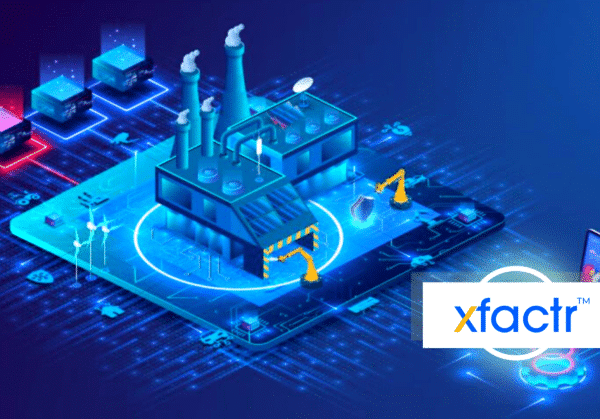In today’s ever-evolving landscape of manufacturing, the fusion of artificial intelligence (AI) and information technology (IT) has ushered in an era of precision and efficiency like never before. One of the most remarkable applications of this harmonious blend is AI-enhanced quality control. Gone are the days of relying solely on human inspection and error-prone processes. In this blog, we’ll explore how AI is revolutionizing quality control, ensuring impeccable product quality, reducing defects, and ultimately enhancing customer satisfaction.
The Transformation of Quality Control:
Historically, quality control in manufacturing relied on labor-intensive methods and sample-based inspections, which often left room for errors and inefficiencies. With the advent of AI, manufacturers can now analyze massive volumes of data in real time, allowing for the proactive identification and resolution of quality issues. Machine learning algorithms recognize patterns, anomalies, and deviations, preventing defects before they escalate
AI-Enhanced Visual Inspection:
Visual inspection plays a pivotal role in quality control, especially in industries such as electronics, automotive, and pharmaceuticals. AI-powered visual inspection systems utilize advanced image recognition and deep learning techniques to scrutinize products with unparalleled precision. Defects that might escape the human eye are swiftly detected, leading to improved product reliability and safety.
Predictive Maintenance for Preventing Faults:
Unplanned downtime due to equipment failures can significantly impact manufacturing operations and profitability. AI-driven predictive maintenance employs IoT sensors, data analytics, and AI algorithms to monitor machinery conditions in real time. By analyzing data patterns, the system can predict when maintenance is needed, reducing downtime, minimizing production halts, and optimizing maintenance schedules.
Continuous Improvement and Adaptation:
The beauty of AI-enhanced quality control lies in its ability to continuously learn and adapt. As more data is fed into AI systems, their accuracy and predictive capabilities improve over time. This iterative process fosters a self-improving cycle of manufacturing excellence. Each iteration becomes more refined, ultimately resulting in products of exceptional quality.
Enhancing Human Expertise, Not Replacing It:
Contrary to concerns about job displacement, AI in quality control enhances human expertise rather than replacing it. Employees can now focus on higher-level tasks that require critical thinking, creativity, and decision-making, while AI handles repetitive and data-intensive tasks. This collaborative relationship between humans and AI cultivates an environment that fuels innovation and continuous improvement.
‘Bringing It All Together, the synergy of AI and IT in manufacturing quality control is nothing short of revolutionary. From pinpointing defects with unparalleled accuracy to optimizing maintenance schedules and empowering human expertise, AI-enhanced quality control is transforming how products are made. This transformation ensures higher standards, propelling manufacturing into a new era of precision and efficiency. As we embrace this transformative technology, the future of manufacturing shines brighter than ever before’.


